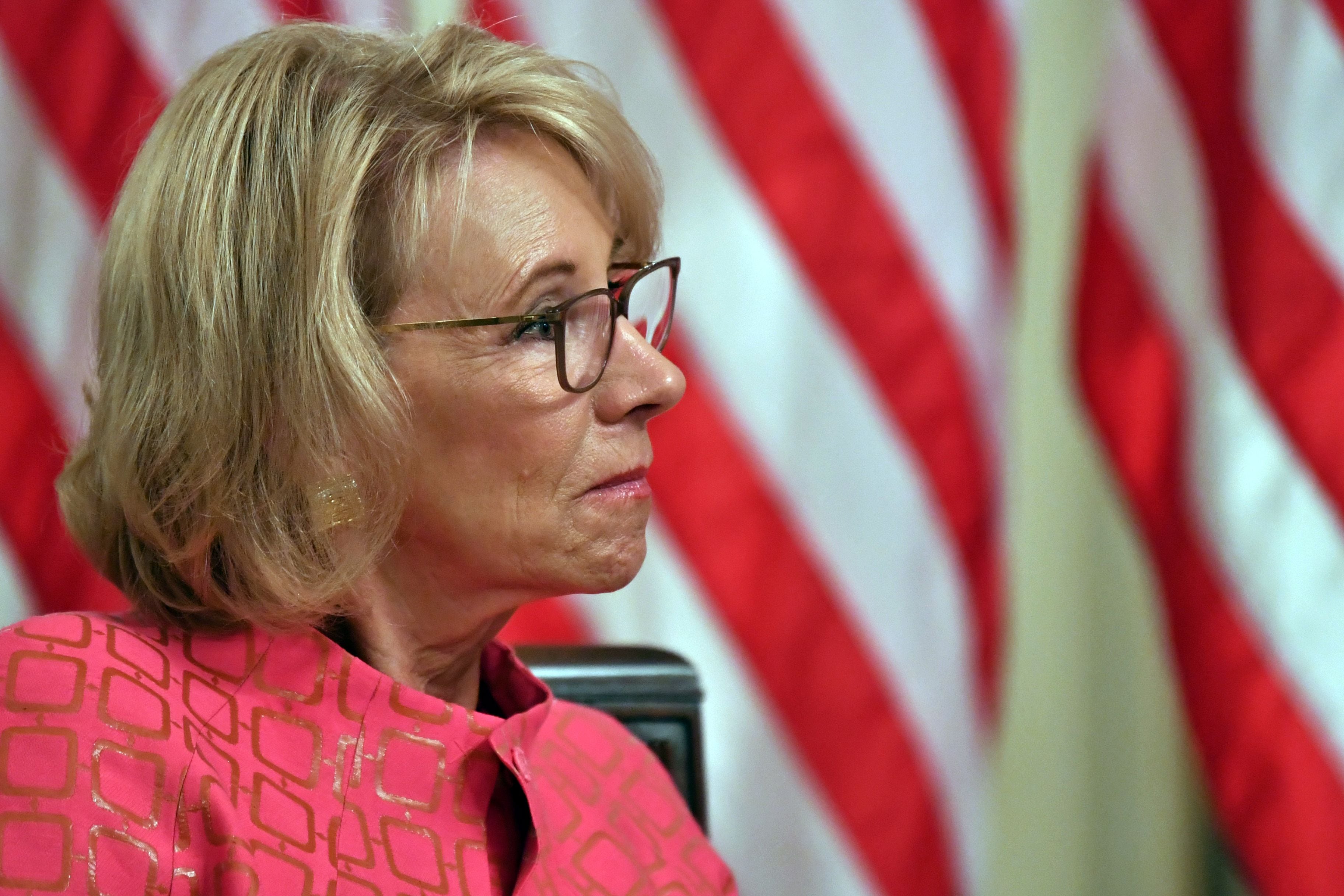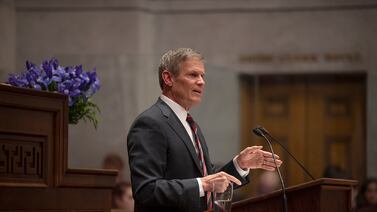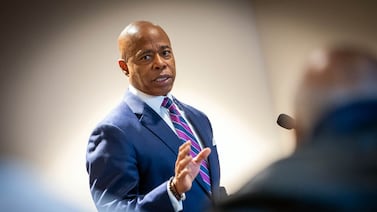Backed by former U.S. Education Secretary Betsy DeVos, a group of school choice advocates has launched a petition drive to bypass Michigan Gov. Gretchen Whitmer’s veto of a voucher-like scholarship program.
Critics of the Opportunity Scholarship program say it would siphon needed dollars from public schools and violate a state constitutional ban on using public dollars, including tax credits, for private school education.
But DeVos and the choice proponents behind the new group Let MI Kids Learn say the tax credit program would help families access a wider range of educational opportunities at a time when they’re most needed.
“This is a chance to help students in every corner of Michigan access the very best educational options for them,” DeVos said during a Facebook Live event Wednesday. “We can send the resounding message that parents are interested in being dismissed or treated badly any longer when it comes to raising their children.”
If the group collects 340,000 signatures — 8% of the voter turnout from the last gubernatorial election — and the GOP-controlled House and Senate approve, the Opportunity Scholarship program becomes law without Whitmer’s signature.
The law would authorize tax credits equal to the amount of contributions to the proposed Opportunity Scholarship program.
“I, as an individual taxpayer, would make a choice to designate a portion of my Michigan tax bill to benefit children who are not my own,” DeVos explained to reporters after Wednesday’s public Facebook Live event. “This is a mechanism for individuals to redirect a portion of their tax bill, whether individual or corporate, to directly help students that need the help the most.”
Eligible private school students could receive up to $7,830 per year — 90% of the foundation allowance the state provides to educate each public school student. Public school students in special education programs could receive up to $1,100 per year, and other public school students could receive up to $500.
To receive the scholarships, family income would need to be less than double the eligibility limits for free and reduced price lunch programs. For example, a family of four earning less than $98,000 would be eligible.
Recipients could use the scholarships for private school tuition or to supplement public school education with things such as tutoring, books, speech therapy, or transportation to extracurricular activities.
“There’s a lot of sneakers you can customize. If you can customize sneakers, why couldn’t and shouldn’t you be able to customize your child’s education?” DeVos said.
Opponents estimate the tax credits would divert $50 million a year in taxes that would otherwise go to public schools, and that would violate a 1970 amendment to the Michigan constitution that prohibits public funding of private schools.
Such provisions appear in 37 state constitutions. DeVos and other voucher call proponents call them “Blaine amendments,” referring to 19th Century laws that Maine statesman James Gillespie Blaine promoted to stop public funding of religious schools, particularly Catholic ones. Michigan’s constitution prohibits public funding of all private schools, not just parochial ones.
Besides, DeVos said Wednesday, the scholarship money never moves through the state’s hands anyway.
“They are individual contributions made. They are given to entities that are third party entities,” DeVos said. “There is a very, very arm’s-length multistep transaction that takes place.”
Critics say the scholarship program is a thinly veiled voucher program and a dangerous step toward privatization of education.
DeVos is a longtime leader of the national school choice movement who backs pro-voucher politicians across the country. Her family bankrolled a voucher proposal in Michigan that voters resoundingly rejected in 2000.
DeVos and family members have contributed $400,000 to the petition drive, which has received more than $1.7 million in contributions. The other major donors are two political groups that don’t have to disclose where their money comes from. The State Government Leadership Foundation gave $475,000 and Get Families Back to Work gave $800,000.
As DeVos spoke, viewers flooded a chat window with comments both for and against the group’s effort.
“The DeVos family has spent millions trying to ruin public schools and this is another attempt at that,” one wrote.
Another wrote that she signed the petition to help all parents have the options that will help their children overcome learning loss during the pandemic.
“DeVos has been one of the nation’s leading proponents for redirecting tax dollars away from public schools,” said Emily Mellits, a Macomb County parent and member of Michigan Parent Alliance for Safe Schools, which opposes vouchers.
Katie Deck, a MiPASS member from Livingston County said, “Now is not the time to be siphoning money from community schools and giving it to for-profit charters, and that is exactly what the DeVos initiative will do.”
Editor’s note: April 15, 2022: An earlier version of this story included a suggestion by DeVos that Michigan’s prohibition on providing funds to could become unenforceable if the U.S. Supreme Court finds that a similar law in Maine is unconstitutional. The amendments have key differences, and Michigan’s constitution likely won’t be affected by Carson v. Makin.
Chalkbeat reporter Koby Levin contributed to this report.








